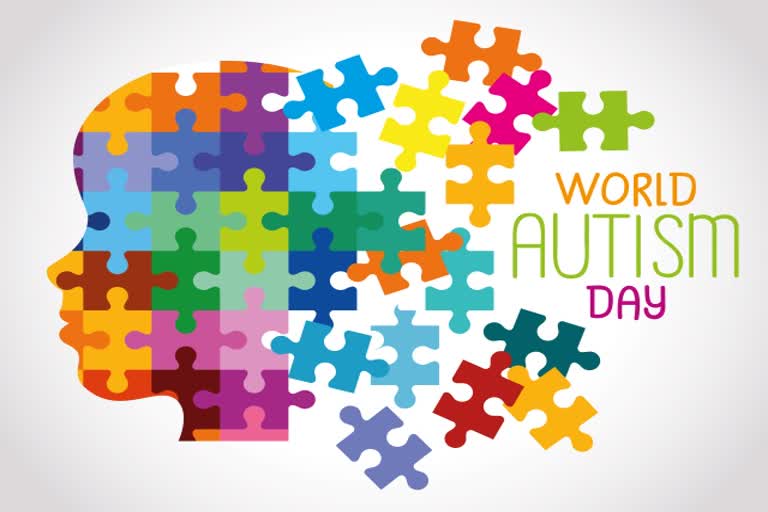Our education or society doesn’t prepare us how to handle any unexpected stressful situation. The Brain experiences anxiety and that leads to feeling emotions. We all grow up with certain core beliefs as to how our relationships should be and that exactly happens when a family has to welcome a child with Autism. They are not prepared for the diagnosis. The parents face a range of emotions from time to time. They mourn the child they expected to have and the kind of parenthood they expected to experience.
ETV Bharat Sukhibhava spoke to Mrs. Samrudhi Patkar, a Clinical Psychologist and has worked extensively in offer therapy to kids with Autism. Samrudhi is in private practice at Borivali Mumbai for over a decade.
A part of moving towards acceptance is acknowledging all these emotions to be real rather than resisting them. Every individual naturally goes through a cycle of grief in a process of coping with the unpredictable, stressful changes in life. It’s important to talk about how you feel with people that mark our support system. This choice leads to a change in perspective. It transforms one to embrace Neurodiversity and to move from the medical label to see the child as an individual and much more than just the diagnosis.
Also Read: Feeding Challenges In Children With Autism.
Parents generally go through a natural cycle of grief as follows:
- Shock and denial – The diagnosis is questioned to be a mistake or an overdiagnosis as it is overwhelming to receive it for your own child and one tends to do Doctor hopping in hope of a different explanation behind the behavior of a child who is developing in a non-typical way than the other children of the same age.
- Guilt- Parents especially mothers start feeling responsible for not having a neurotypical child and most often start ruminating over the actions which might have led them to have a child with special needs
- Anger – There are conflicting emotions and anger is directed towards oneself, the partner, the doctor, the God, and the society in general. It is important to acknowledge and express anger rather than suppressing it. Behind anger are the unrelenting pain and a feeling of loss. This is the time the parents very often ask the question “Why me”?
- Sadness -The grief is felt at a deeper level and there is a feeling of loneliness, hopelessness, embarrassment, the feeling of a loss of a child you expected to have. It’s a very appropriate response to grief and an important part of the process towards healing and acceptance.
- Acceptance-It is not necessarily being positive and being ok with whatever has happened but just choosing to accept it as a reality to live with. The parents learn to take responsibility for the new role, choose the best course of action with the guidance of the right professionals with realistic goal setting for the child. They learn to outsource and let go of the things they can’t change. They connect with people that make their support system.
It is a continuous process and a stage of evolution that gives them different perspectives about looking at the disability and their child.
To reach this stage it is important to grieve and go through the other stages with all the emotions.
Each family has a unique way of dealing with this and the time they take to experience the grief cycle. So, give yourself time to adjust and understand the condition. Each One’s journey is different and therefore comparison only leads to further burnout.
Give yourself time to relax, connect with support groups where parents have experienced a similar journey, keep me time for yourself, and take one day at a time.
For your queries, contact samrudhi.bambolkar@gmail.com



